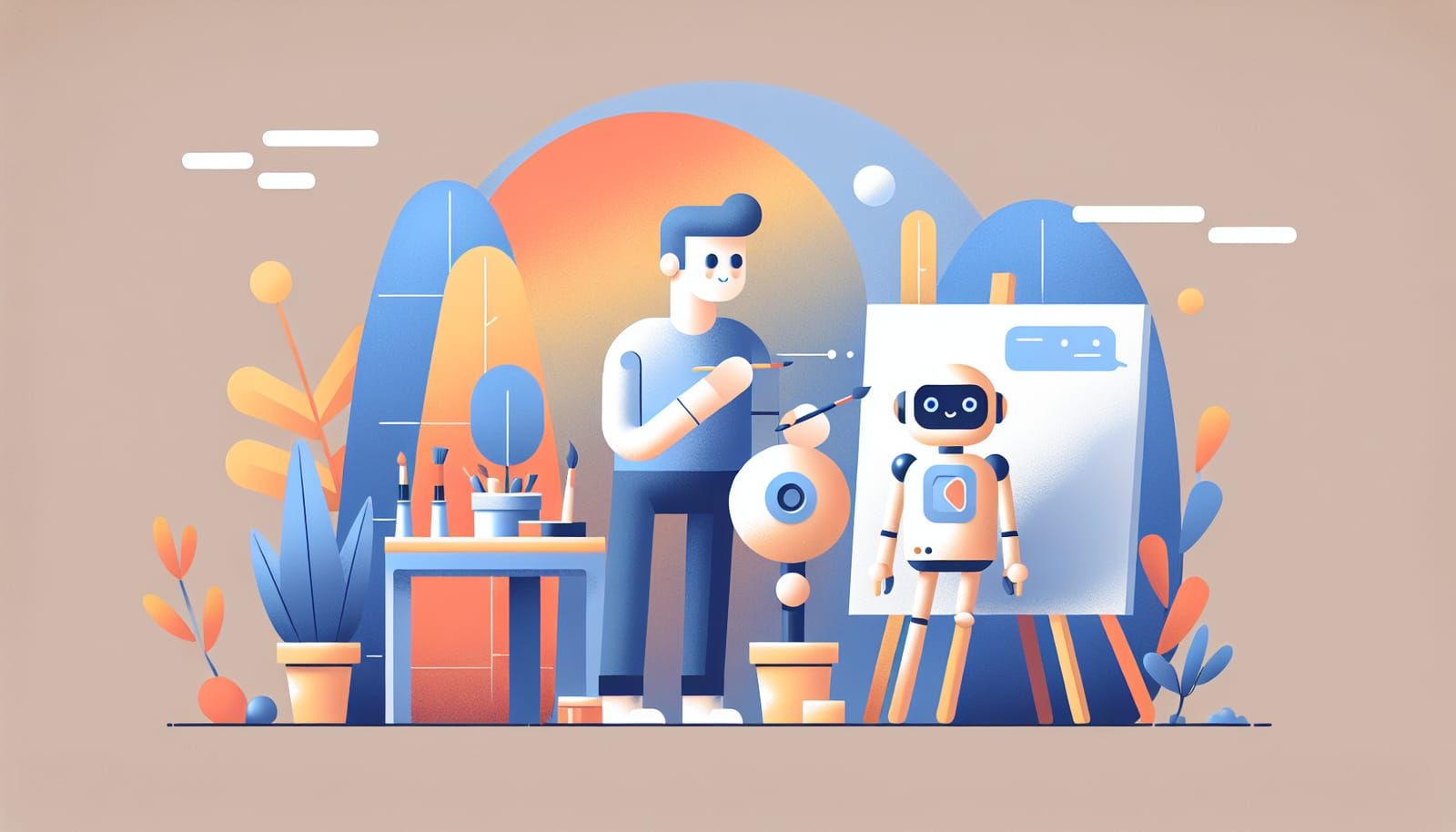Chatbots Can Trigger a Mental Health Crisis: Understanding “AI Psychosis”
In recent years, chatbots have become a common feature in our daily lives. People use tools like ChatGPT, Claude, Gemini, and Copilot not just for mundane tasks like drafting emails or writing code but also for deeper needs like relationship advice, emotional support, and even companionship. However, a worrying trend has emerged: some users report experiencing disturbing psychological effects after extensive interactions with these AI systems. This phenomenon, sometimes referred to as “AI psychosis” or “ChatGPT psychosis,” raises critical questions about the impact of technology on mental health. Let's explore what this means and what we can do about it.
What is "AI Psychosis"?
Although terms like "AI psychosis" and "ChatGPT psychosis" are not officially recognized medical diagnoses, they describe a concerning pattern where individuals may develop distorted beliefs or delusions seemingly triggered by their interactions with chatbots.
Psychosis itself typically involves symptoms such as hallucinations and disordered thinking, often associated with conditions like schizophrenia or bipolar disorder. However, many reports suggest that in the cases related to AI, users primarily experience delusions rather than the full spectrum of psychotic symptoms. Dr. James MacCabe, a professor at King’s College London, points out that while these users may not have previously been diagnosed with mental health issues, they might possess underlying vulnerabilities that predispose them to such experiences.
Who is Most at Risk?
Most users can engage with chatbots without issues, but a small number might be more susceptible to developing delusions after prolonged use. Individuals with a family history of mental health disorders, particularly those involving psychosis, are at greater risk.
Dr. John Torous, a psychiatrist, cautions that while using chatbots alone may not cause psychosis, individuals with latent risk factors may not be aware of their vulnerabilities. People who exhibit certain personality traits, such as social awkwardness or emotional instability, could also be more prone to these negative effects.
Furthermore, the amount of time spent interacting with chatbots can significantly influence risk. Stanford psychiatrist Dr. Nina Vasan emphasizes that excessive engagement—hours every day—can contribute to emotional dependence on these tools.
How to Stay Safe While Using Chatbots
Using chatbots can be enjoyable and useful, but caution is necessary, especially for certain individuals. Here are some tips for safe interactions with AI:
Understand the Nature of Chatbots: Remember that chatbots are tools, not friends. They are programmed to respond in ways that mimic human conversation but do not possess real emotions or understanding. It's essential to avoid oversharing personal information or relying on them solely for emotional support.
Limit Usage: If you notice that you’re spending excessive time chatting with a bot, it may be time to take a break. Just like stepping away from an addictive video game can help regain balance, stepping back from AI interactions can refresh your mental space.
Reconnect with Real-Life Relationships: Engaging with family and friends can provide valuable emotional support that chatbots cannot. Building strong human connections is vital for mental health.
Be Aware of Changes: Friends and family should watch for signs of mood changes, social withdrawal, or obsessive behavior concerning AI tools. Recognizing these red flags early can help individuals get the support they may need.
The Role of AI Companies in Mental Health
Currently, the responsibility for safe chatbot usage largely falls on users, but experts argue this needs to change. One of the primary concerns is the lack of formal data on the effects of AI interactions. Most of what we know comes from anecdotal evidence, making it challenging to understand the full scope of the issue or create effective safeguards.
Experts advocate for AI companies to collaborate with mental health professionals to assess the potential impacts of their tools. This could involve simulating conversations with users who may be vulnerable and identifying responses that could reinforce delusions or negative thinking.
For example, OpenAI has begun to address these concerns by hiring a clinical psychiatrist to evaluate the mental health implications of its products. They are also working on features that prompt users to take breaks after extended sessions and develop tools to detect signs of distress.
The Future of AI and Mental Health
While chatbots offer significant potential benefits—reducing loneliness, facilitating learning, and aiding in mental health support—there is a pressing need to address the associated risks. Ignoring these dangers could lead to significant public health issues, as seen with social media's impact on mental well-being.
Dr. Vasan emphasizes the importance of learning from past mistakes in technology use. By addressing mental health concerns early and proactively, society can harness the positive aspects of AI while minimizing harm.
As we continue to integrate AI into our lives, awareness and vigilance are crucial. Understanding the limitations of these tools, recognizing personal vulnerabilities, and advocating for responsible AI practices are essential steps toward ensuring that technology serves us positively.
In conclusion, while chatbots offer exciting opportunities for support and companionship, it is essential to approach them with a balanced perspective. By understanding the risks and taking proactive steps, we can enjoy the benefits of AI while safeguarding our mental health.


